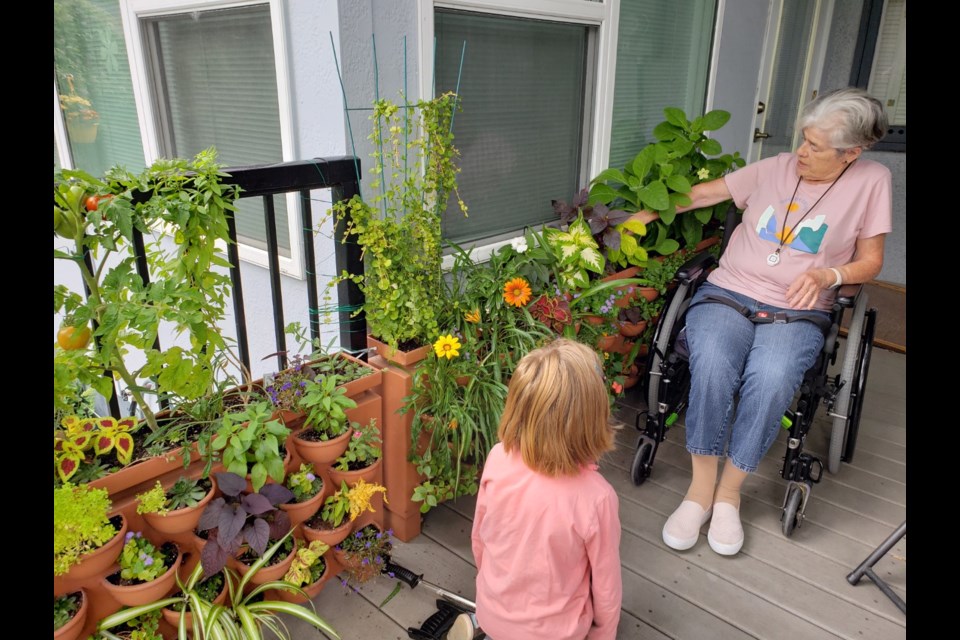Horticulture therapy is a formal practice that promotes a natural sense of wellness. The focus is on goal-centred activities with defined outcomes that encourage participants to engage in the natural world around us. Plants are part of our natural world and have been an important part of life forever. Historically, they have provided food, medicine and shelter while today they are often removed from our daily life. It seems that each day is not long enough to complete the necessary duties at home and work so our leisure time has also been compromised. Our levels of anxiety, stress and impatience are rising and we look for instant fixes for all aspects of our lives.
Perhaps what we should be doing is pausing, reevaluating our priorities and slowing down the merry-go-round of life. When was the last time you charged your batteries? Why not spend a little bit of each day doing some therapy - just for you? Maybe a little bit of plant-based activity might be worth a try. It is a well-known fact that horticulture therapy is a recognized way to improve the quality of your life spiritually, physically, mentally and socially.
Learning about horticulture therapy is a recognized and important part of the journey to becoming a horticultural professional. Better yet, sharing this journey with community members is also very important.
Nature and natural environments are fulfilling areas that are still basic enough to fill the mind but not overwhelm. Nature, just by herself can reduce stress and be restorative. Like HT, it allows the client to focus on safe, and yet fascinating things, so letting the mind relax is possible. However, at the same time, development of motivation, the release of feelings and increased cognitive abilities all seem to happen magically. How can we explain how a soft breeze on our face can be calming and invigorating? Why do flowers make us happy? How can we enjoy watching bees buzz around the garden for endless amounts of time?
There is no way of emulating the sun, the breeze, nature in its entirety and the ambience of being outside. However, many climates are too hot, too cold, too windy, too wet or some other climatic event that makes it difficult to keep the clients comfortable when Mother Nature is showing us her power. For programs that are outdoors, harnessing her power by creating safe “microclimates” that allow for the program to be offered. Sheltered areas out of the wind and keeping the clients shaded from the power of the sun are all good considerations. However, allowing the sun to shine on the clients when it is earlier or later in the day evokes warmth and well-being.
Being a part of nature even in small ways allows magical things to happen. Combining elements about life and people should always be part of the HT system. Creating environments that allow for growth of both entities and weaving the interrelated cycles of life of plants and animals are integral to a successful program. The parallel process of human life and plant life is elemental and each can shape the other. Biological processes are also shared and together have a profound effect on determining the future.
We hope that by sharing a little bit about horticulture therapy with you in this column we will also pique your interest in perhaps trying out some horticulture therapy in your lives.
Hanbidge is the Lead Horticulturist with Orchid Horticulture. Find us at ; by email at [email protected]; on Facebook @orchidhort and Instagram at #orchidhort.
Tune into GROW Live on our Facebook page or check out the Youtube channel GROW




